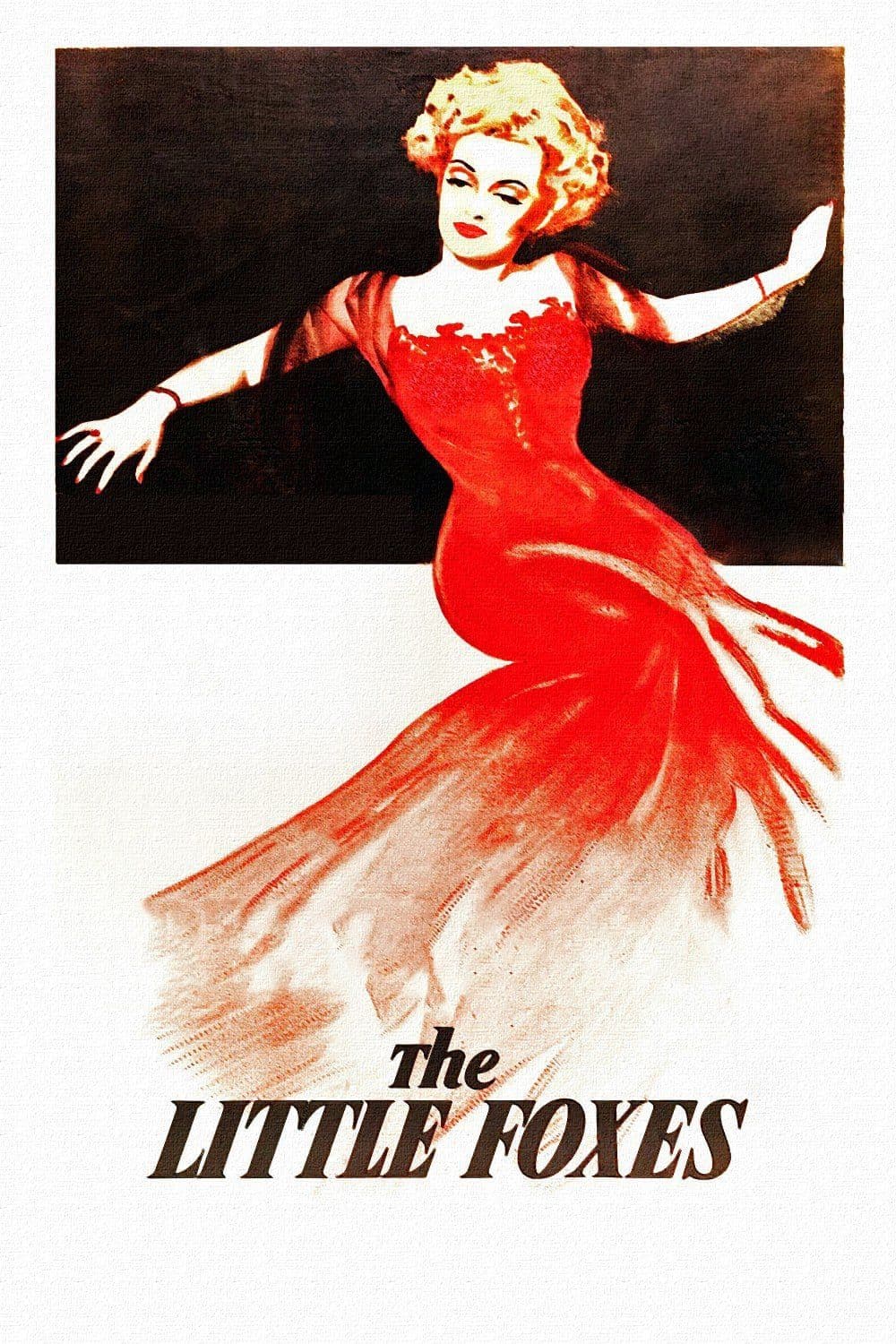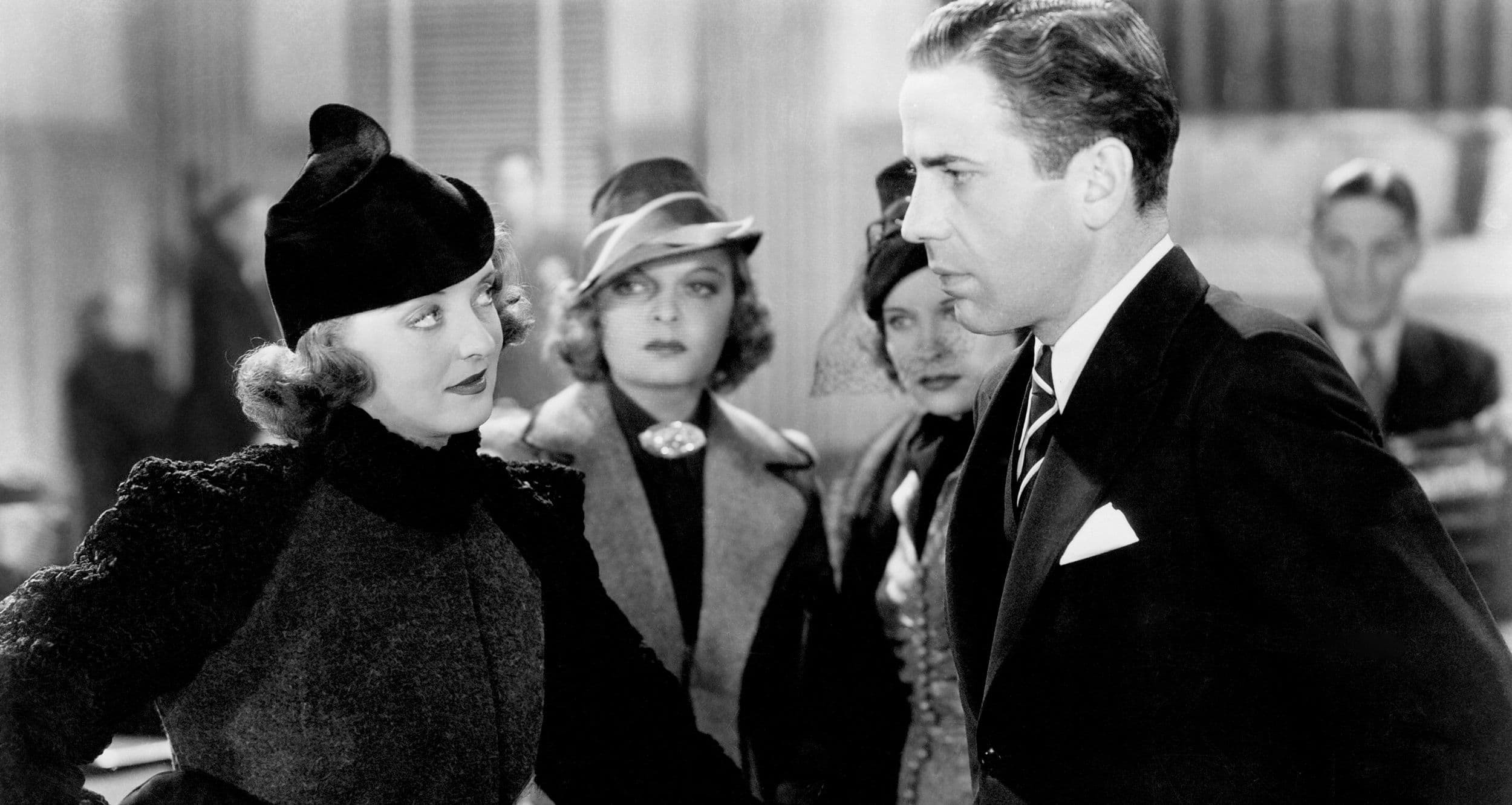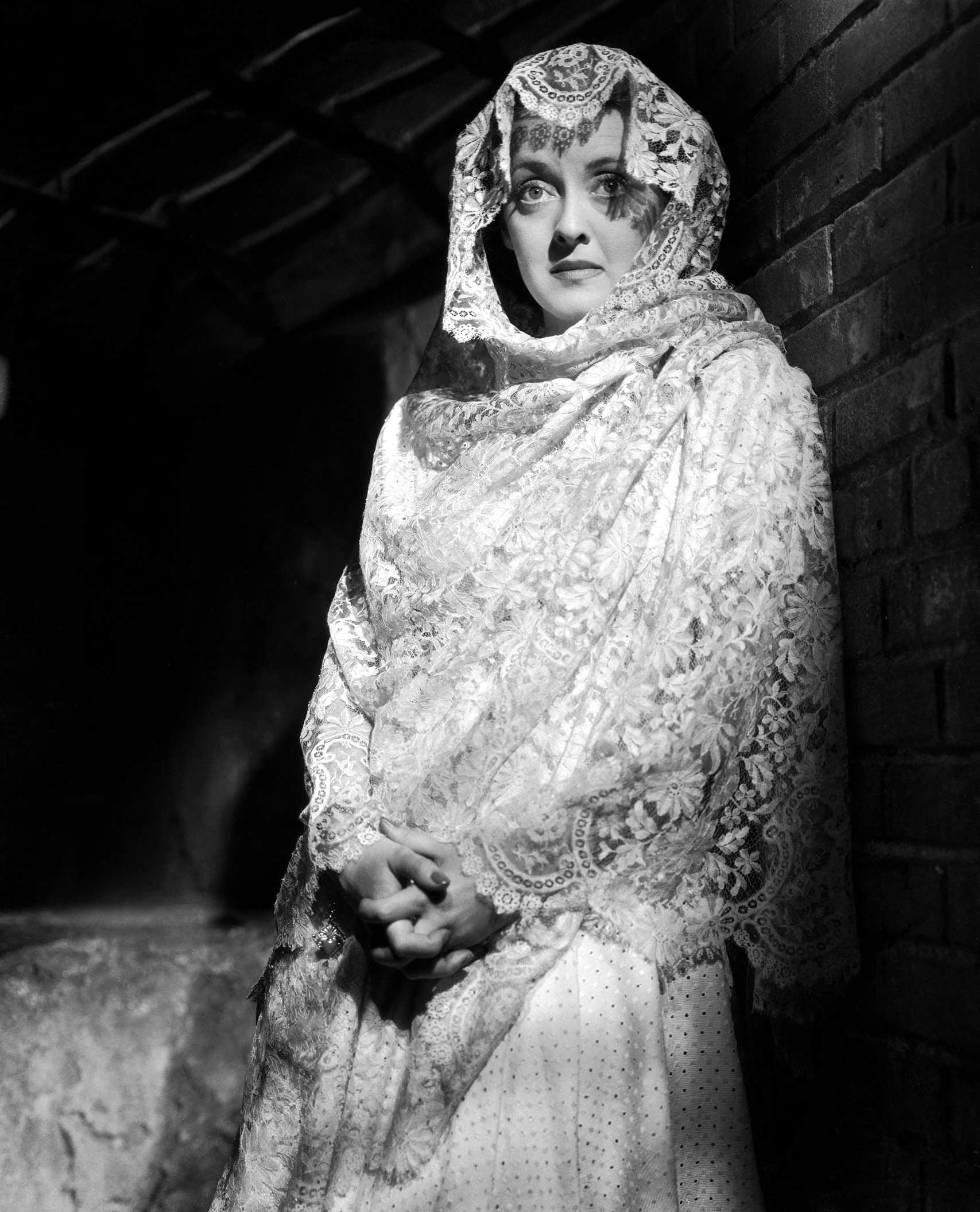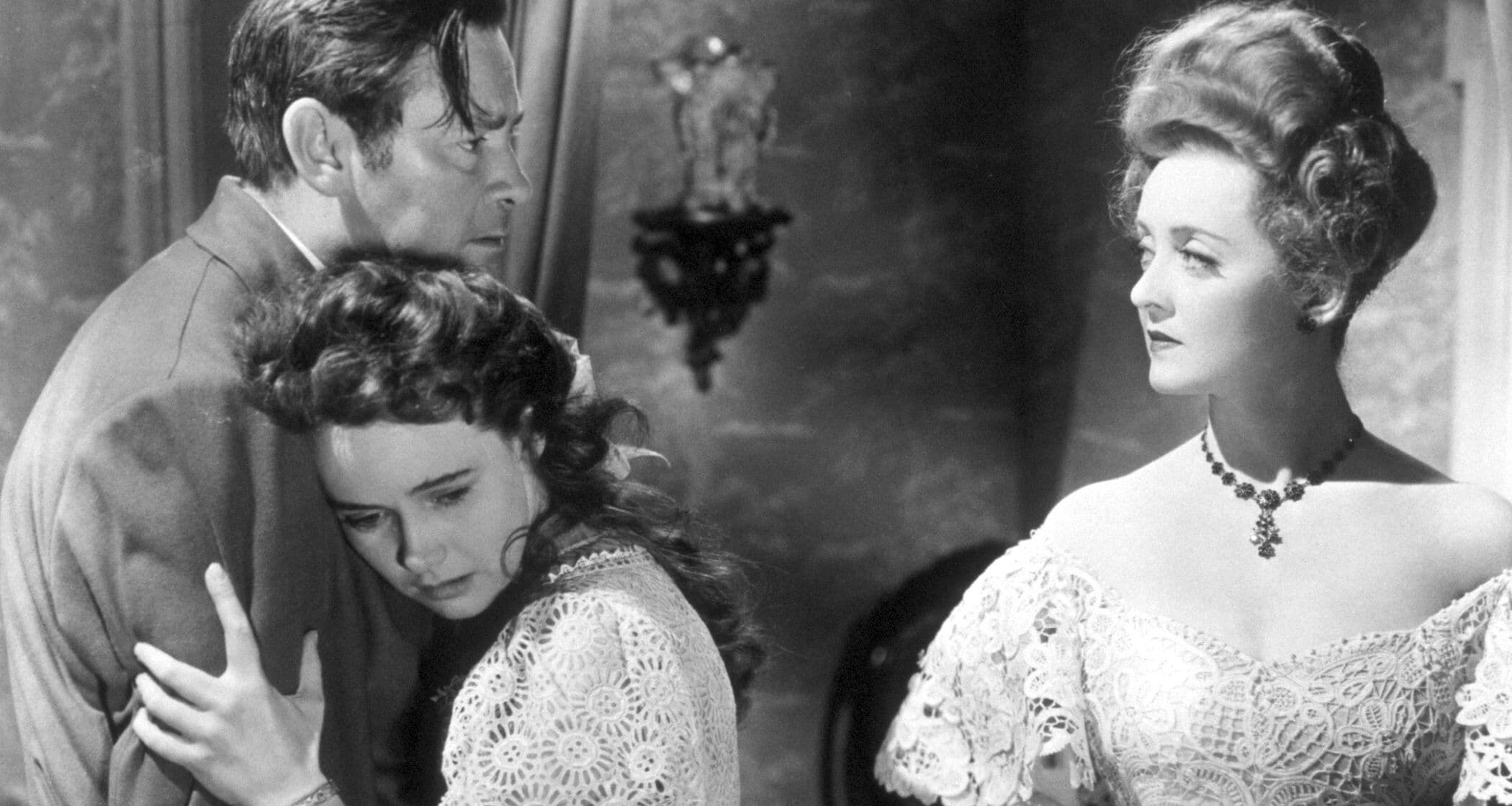
The Little Foxes
1941
Rate this movie
Average: 5.00 / 5
(2 votes)
Director
A stylistically impeccable William Wyler directs this refined family melodrama set in the deep South of an America on the cusp of the twentieth century. His direction allows for no imperfections, where every shot is chiseled with the precision of a goldsmith, and the visual composition, often in a deep focus that recalls Orson Welles' technical explorations in Citizen Kane from the same period, becomes a narrative vehicle in itself. This meticulous attention to detail and spatial layering amplifies the sense of claustrophobia and the intricate web of toxic relationships that define the film's dramatic core.
Wyler remains formally indebted to Lillian Hellman's theatrical drama from which the work is drawn, but at the same time transfigures it into "his" cinematic creation where the settings and historical reconstruction reach the threshold of aesthetic perfection. The director's genius lies in transforming the rigidity of the stage into a vibrant cinematic canvas, utilizing the language of the camera – the slow and inexorable movements, Gregg Toland's powerful lighting that sculpts faces and environments, the close-ups that reveal the cracks beneath the polished surface – to penetrate the characters' souls and the oppressive atmosphere. It is an operation that elevates the drama from mere representation to a visceral study on human corruption and greed, where the grandeur of the decaying Southern mansions becomes the external reflection of a decaying inner soul. Hellman herself collaborated on the screenplay, a notoriously troubled process that nonetheless resulted in an adaptation of rare thematic fidelity, albeit with the necessary liberties for media transposition.
The story centers on the Hubbard family clan, in which three siblings (two men and one woman) vie for power and money. This is not merely a family saga, but an relentless portrait of the rise of a ruthless mercantile bourgeoisie, ready to sacrifice every emotional tie on the altar of profit. The film masterfully aligns with that social critique which, in the interwar period, began to expose the pathologies of savage capitalism, perhaps anticipating the bitterness of the New Deal and the disillusionment of a rapidly transforming America. The Hubbards are not simply greedy; they are emblems of an epochal transition, that between the dying and idealized landed aristocracy of the Old South and the unethical industrialization that was looming.
The struggle is ruthless and will involve the familial affections of each of them, not sparing tragic implications. It is a macabre ballet of calculations and manipulations, where love and loyalty are weak currencies, easily devalued or mere bargaining chips for economic advancement. The characters' brutality is all the more chilling as it is masked by a veneer of Southern respectability and good manners, a stark contrast that Wyler masterfully highlights. Violence is never physical in the most overt sense, but lurks in the silences, the icy gazes, the cutting words that act as sharp blades, corroding bonds from within. This relentlessness at times recalls Greek tragedies, where inexorable fate is replaced by human greed, or late 19th-century naturalist narratives that explored the blind forces of heredity and environment on individual destiny.
Bette Davis's artistic performance as Regina is immense, an acting talent that finds few equals and remains a cardinal node of the entire narrative structure. Her Regina Giddens is a Shakespearean figure in her wicked grandeur, a Medea of the deep South, calculating and glacially cold. Davis does not merely interpret a character; she embodies her, lives her, makes her tangible with a performance that is a tour de force of control and intensity. Her eyes, often illuminated by a sinister light, become windows into the abyss of a corrupted soul, capable of expressing contempt, calculation, and unheard-of ferocity with an almost imperceptible subtlety. Her rigid posture, her gait, even her forced smile, contribute to painting the portrait of a woman trapped in her own ambition, destined to reign over an empire of solitude and resentment. Her artistic collaboration with Wyler, who directed her in masterpieces like Jezebel and The Letter, reaches one of its darkest and most fascinating pinnacles here, consecrating Regina as one of the most iconic "villains" in cinematic history, an eternal warning to the destructive nature of human greed.
Country
Gallery



Featured Videos
Memorable Scene
Comments
Loading comments...